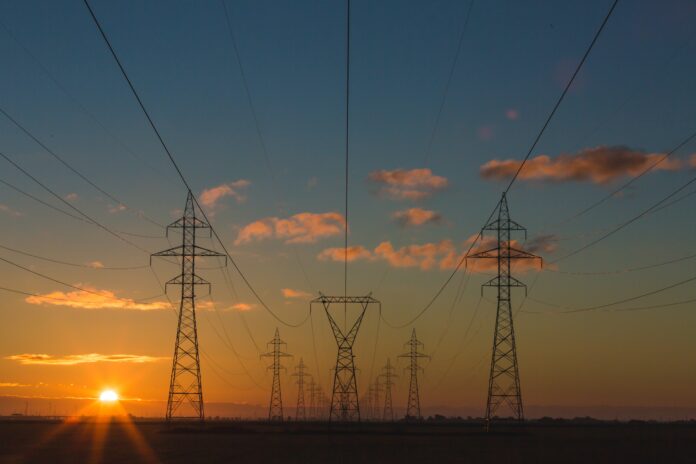With summer in full swing, there’s no time like the present to think about your energy consumption. As a business or a household, summer is when most energy bills skyrocket, and it’s no wonder why. Whether because of the heat or the long hours, keeping your energy bill low during summer is super important, but a bit challenging.Â
Whether you’re a business looking to lessen your carbon footprint or save a few hundred bucks this summer, you’ve come to the right place! Here’s everything you need to know about energy plans to help you choose the right one for your business. Follow this guide, learn about the different types of energy plans, and start using energy the right way, this summer!
Fixed-rate
When looking for energy plans for your business, the first plan you need to know about is the fixed-rate plan. These are the most common plans out there and are popular with both business owners and homeowners alike. Fixed-rate plans offer a locked-in price per kilowatt per month for the entire length of the contract. Businesses with this plan will pay the same monthly rate regardless of the fluctuations in the market price of energy. To ensure that your business secures the most cost-effective and advantageous electricity plan, it’s crucial to compare offers and stay informed about the best business electric prices available in the market.
As a smaller business, there can be many ups and downs, and having one thing stay constant is a godsend. In general, fixed-rate energy plans are best for small businesses since they are the most stable and predictable. Although this stability is great, whatever rate you agree on at the start, you have to stick with it. This can be tricky if you bite off more than you can chew at the start, so it’s important to negotiate the right contract.Â
Variable-rate
The next energy plan that you need to be aware of as a business is a variable-rate plan. This plan is the second most popular one and can offer consumers a fluctuating energy rate. These fluctuations can happen for a variety of reasons, and allow the consumer to take advantage of market dips and lower energy costs.Â
While the variable nature of this plan can benefit the consumer at times, it can also be the more unstable and expensive option. The price of energy can go up because of an increase in demand or extreme weather conditions, and businesses have no way of getting out of paying more. While the variable-rate plan may offer more flexibility, it’s often more unpredictable and difficult to rely on. This is especially true for new businesses.
Indexed plans
Last but not least, indexed plans are the last type of energy plan you need to be aware of this summer. These plans are similar to variable-rate plans but are tied to a specific market index, for example; the price of petroleum. This means that while your energy costs may vary, they won’t vary as much and will reflect a more accurate market price. This plan is more volume-driven, and while it can be more affordable, it does come with its own set of risks.Â
The main risk of these types of plans is their dependency on the market. Like with variable-rate plans, the pay-off-ability of this plan depends on market fluctuations. Because of this, this route is only suitable for businesses willing to take the risk in exchange for potentially lower energy costs.Â
Other energy plans
While there are many plans out there, there are a few other options outside the above-mentioned ones that brands should consider. Demand response and Time-of-use plans are very popular and innovative options. They incentivize businesses to reduce their energy consumption during peak hours. By offering lower rates in off-peak periods, these plans promote efficiency, lower costs, and a lower energy footprint.Â
Another important and more environmentally friendly option for businesses is Green energy plans. This is a great option for brands that care about the planet because they offer energy through greener sources like wind and solar power. These three energy plan alternatives may be better for the environment, but they do come with their own risks and downsides. It’s important to look into your business and see what unique energy plan would work best for you, to find the right one.Â
So there you have it! With this guide in mind, you’re ready to go out there and find the perfect energy plan for your business today! Fixed-rate offers you more stability but less flexibility when it comes to costs. Variable-rate and Indexed plans offer more flexibility, but you’re at the mercy of the market price, which can be unfavorable. Finally, Demand response, Time-of-use, and Green energy plans may be better for the environment, but they come with their own risks. Keep this guide in mind when researching energy plans for your business, and you’re good to go!



















